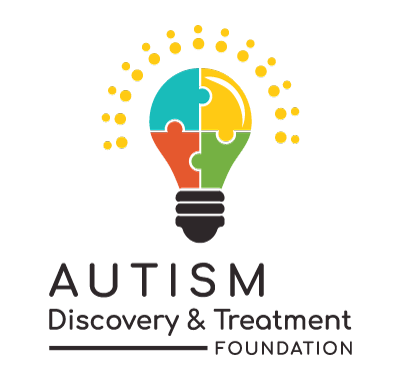Biography
Dr. Richard Frye is a Child Neurologist with expertise in neurodevelopmental and neurometabolic disorders. He received an MD and PhD in Physiology and Biophysics from Georgetown University. He completed a residency in Pediatrics at the University of Miami, Residency in Child Neurology and Fellowship in Behavioral Neurology and Learning Disabilities at Harvard University/Children’s Hospital Boston and Fellowship in Psychology at Boston University. He also received a Masters in Biomedical Science and Biostatistics from Drexel University. He holds board certifications in Pediatrics, and in Neurology with Special Competence in Child Neurology. Dr. Frye is a national leader in autism research. He has authored over 300 peer-reviewed publications and book chapters, and serves on several editorial boards.
He has lead several clinical studies on children with autism spectrum disorder (ASD), including studies focusing on defining the clinical, behavioral, cognitive, genetic and metabolic characteristics of children with ASD and mitochondrial disease and several clinical trials demonstrating the efficacy of safe and novel treatments that target underlying physiological abnormalities in children with ASD, including open-label studies on tetrahydrobiopterin, cobalamin and folinic acid and a recent double-blind placebo controlled trial on folinic acid. His ongoing research efforts focus on defining metabolic endophenotypes of children with ASD and developing targeted treatments.
In 2022, Dr. Frye became the co-founder of The Autism Discovery and Treatment Foundation, a 501c non-profit organization dedicated to researching biomarkers and treatments for complicated neurodevelopmental disorders.
He currently sees American patients at Rossignol Medical Center and many international patients at Neurodevelopmental Precision Medicine.
I want to offer hope to families raising children who have challenging neurodevelopmental disorders. I believe there is so much more we could do to improve the lives of children with autism and their families. We have hope that one day in the not so distant future our dedication to research will lead to discovery of the causes of autism, better ways to treat children with autism, and eventually ways to prevent autism.



